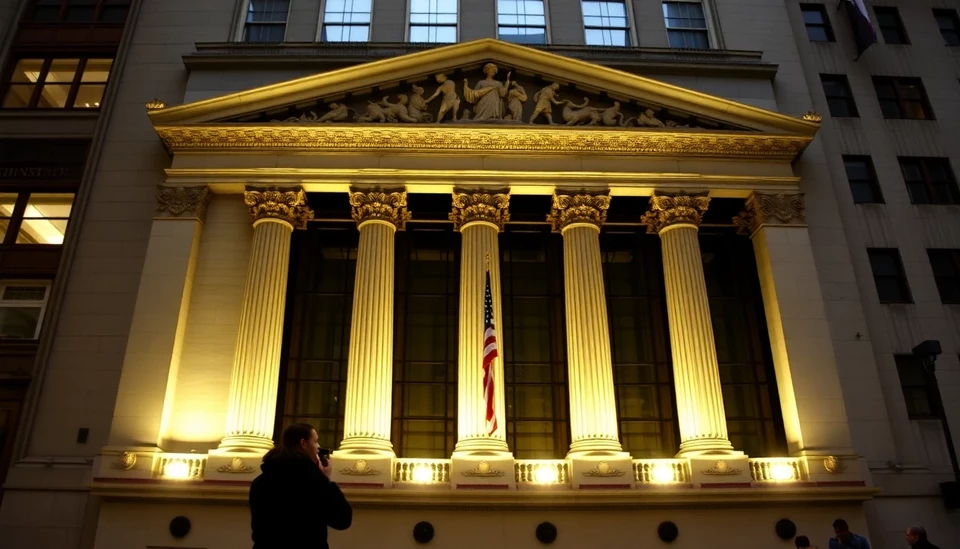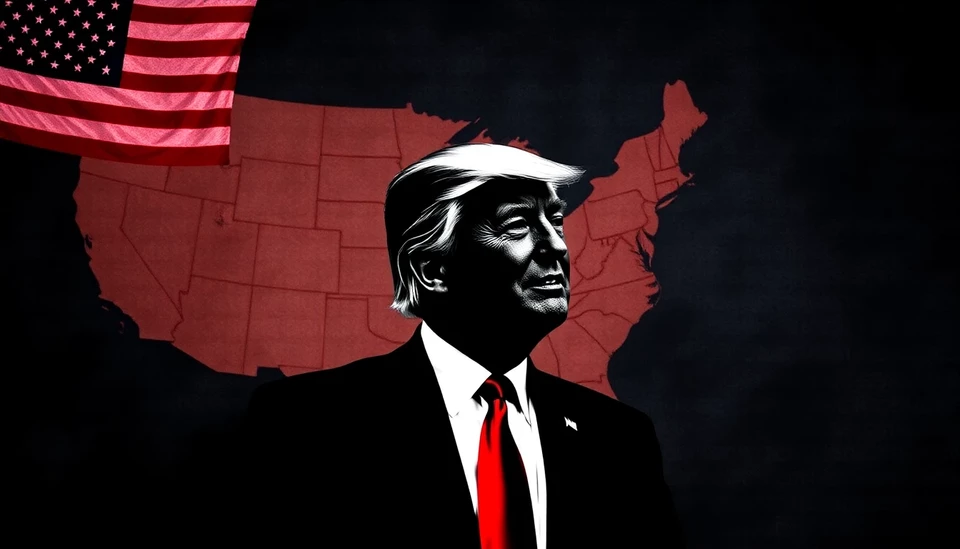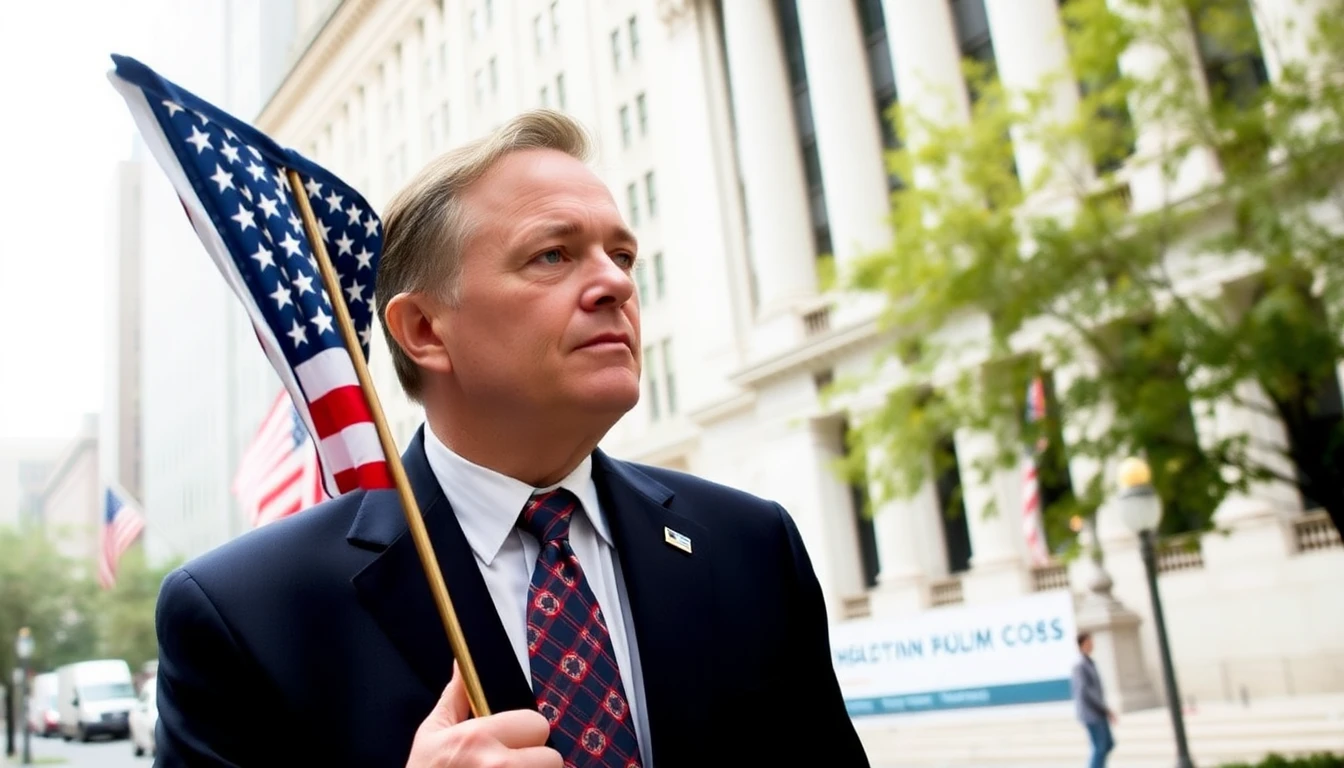
Recent evaluations on Wall Street have revealed a growing concern regarding the health of the U.S. economy, as predictions around economic growth have become increasingly pessimistic. A wave of changes in policy and escalating uncertainty has catalyzed adjustments in financial forecasts, with experts suggesting that a recession could be on the horizon.
As regulatory shifts and financial policy debates intensify, analysts have started to downgrade their projections for U.S. economic expansion for this year and beyond. This trend stems from a complex interplay of high inflation, interest rate adjustments by the Federal Reserve, and evolving global economic conditions. The combination of these factors has caused many financial institutions and investment firms to reconsider their economic outlooks, prompting fears of a potential downturn.
The latest reports indicate that expectations for GDP growth have been trimmed as analysts factor in the ramifications of an aggressive monetary policy response aimed at curbing inflation. With the Federal Reserve likely to maintain its current course of increasing interest rates, Wall Street's confidence is waning. Many financial experts argue that these rate hikes could stifle economic activity, resulting in slower growth or even a contraction.
Moreover, the uncertainty surrounding fiscal policies, including potential government spending cuts or shifts in taxation, has added another layer of complexity to the economic landscape. Businesses are becoming wary, with many choosing to hold back on investments, thus further exacerbating concerns about growth. The recent volatility in financial markets also reflects investors' anxiety about navigating this shifting economic terrain.
As the dialogue around potentially disruptive policy changes continues, many economists have started to adopt a more cautious stance. Projections have led to a consensus among some analysts that the U.S. economy may not escape the clutches of recession, whether mild or severe. This shift is particularly concerning given that the economic recovery initiated in the wake of the pandemic is still perceived to be fragile.
The implications of these predictions extend beyond Wall Street; they could affect everyday Americans as well. If a recession takes hold, the result could be increased unemployment, stagnating wages, and a general decrease in consumer spending—factors that could further hinder economic recovery efforts. It's a troubling scenario, one that underscores the importance of closely monitoring developments in both economic policy and market reactions.
In conclusion, Wall Street's current outlook serves as a warning signal about the potential headwinds facing the U.S. economy. Analysts are urging caution, and if these trends continue, there could be a significant downturn. Stakeholders are advised to remain vigilant and prepared for the repercussions that may arise from further economic shifts.
#USRecession #EconomicGrowth #WallStreet #PolicyChanges #GDPForecast #EconomicOutlook #Inflation #InterestRates #FinancialForecasts
Author: Laura Mitchell



